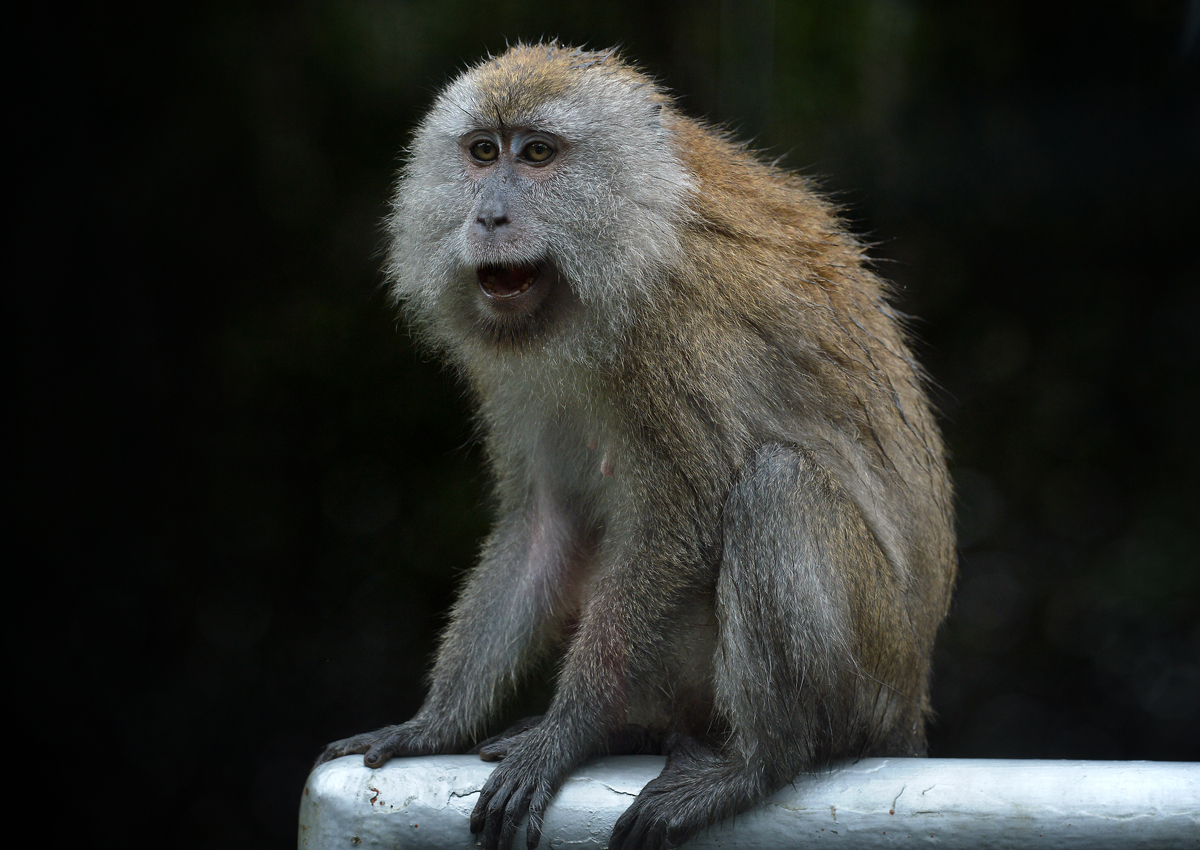Wildlife experts and animal welfare groups have applauded proposed changes that will give more creatures in the animal kingdom protection on Singapore’s roads.
The proposed changes to the Road Traffic Act, made in Parliament on Monday, will widen a 53-year-old definition of “animals” – from mainly farm creatures to include cats and wildlife.
Currently, the Act requires only motorists who run over “horses, cattle, a**, mule, sheep, pig, goat or dogs” to stop to help them, or risk being jailed for up to a year or fined up to $3,000. With hundreds of animals, including rare species, ending up as roadkill here each year, animal welfare groups have lobbied for the law to be changed.
“Wild animals in Singapore will continue to explore new habitats,” said Ms Anbarasi Boopal, deputy chief executive of the Animal Concerns Research and Education Society (Acres). “We should take this into consideration as we embark on new developments and make necessary policy amendments.”
She added: “While the habitats of critically endangered species like the Sunda pangolin are protected here, their major threat is becoming roadkill.”
The National Environment Agency had 2,258 pieces of feedback last year on dead animals sighted, whether killed on the roads or otherwise. This is up from 2,198 in 2014.
Animals run over by drivers in recent times include the plantain squirrel, long-tailed macaque, wild pig and deer. On May 8, an otter was almost knocked down in East Coast Park Service Road.
“If you hit an animal, it should be common sense to stop and see if it is alive,” said Nee Soon GRC MP Louis Ng, who is also Acres’ chief executive. He said animals left to die often face a slow and painful death, while those that are rescued have the potential to recover.
Mr Bernard Tay, chairman of the Singapore Road Safety Council, said the amended law can encourage drivers to be more alert, but added: “It is inevitable that some drivers will find it inconvenient to stop.”
Motorists interviewed admitted that they were previously unaware of the Road Traffic Act’s section on animals, or the proposed changes.
Housewife Alice Loo Lay See, 54, said: “The proposed modifications are good, but I think it should be applied to only some animals. I would probably not stop for a rat.”
Engineer Ho Pwee Kim, 59, added: “On the highway it may be dangerous to stop.”
Dr Shawn Lum, president of Nature Society (Singapore), said that while it was “a good idea to review aspects of the law”, the changes should be practical.
Dr Lum suggested potential measures to complement the Road Traffic Act, including reducing speed limits for vehicles near nature reserves and identifying potential hot spots for collisions with wildlife.
Ms Mary-Ruth Low, a research assistant studying the spatial ecology of reptiles at the National University of Singapore, believes an amended definition of “animal” will have a significant impact on mindsets.
“Some people think of snakes as pests, not wildlife. They forget that these animals are part of the nature reserve.”

This article was first published on May 14, 2016.
Get a copy of The Straits Times or go to straitstimes.com for more stories.






